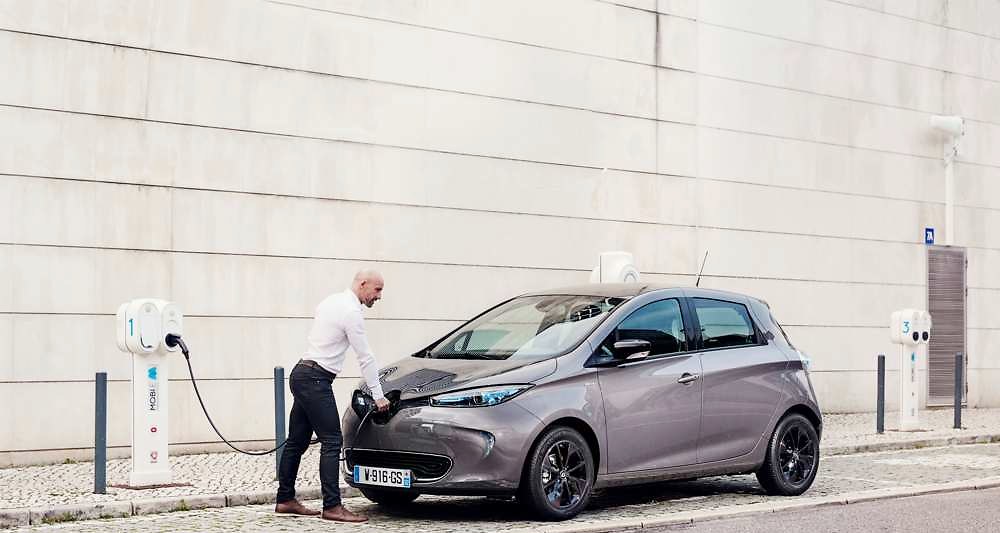The Renault-Nissan Alliance leads all other car manufactures in global sales of electric cars
The Nissan Leaf remains the best-selling electric car in history, while the Renault Zoe is the best-selling EV in Europe.
Not many people know that Nissan and Renault are joined at the hip with a global alliance and interwoven stock ownership. The alliance also recently acquired a significant stake in Mitsubishi, the producer of the best selling Plug In vehicle in Europe. So it is no great surprise that Renault and Nissan will build the next Zoe and Leaf electric cars on a new common platform.
The cars will have different exterior styling but will share underpinnings and electric motors, said Arnaud Deboeuf, senior vice president of Renault-Nissan BV, the alliance’s strategic management unit.
Carlos Ghosn, CEO of Renault and Nissan, has been pushing the alliance partners to intensify cooperation to achieve economies of scale.
Deboeuf said the new generations of the Leaf and the Zoe will compete in the same segment but declined to say if the Zoe will grow in size to become a compact model or if the Leaf will be shrunk to become a subcompact.
He also declined to give a timescale for the launch of the new Leaf and Zoe, but said it will happen after a Leaf facelift planned in 2018.
French media reports said the Zoe will be the first Renault-Nissan alliance model to use the new EV architecture, but not before 2020.

Renault and Nissan might continue to use different battery cells but no decision has been taken, Deboeuf told reporters at a media event in Paris. The Leaf uses in-house, comparatively low-density LMO lithium chemistry. Renault buys cells from LG Chem. Nissan has not decided whether to continue to produce its own cells or buy them.
Renault has just introduced an upgraded Zoe with a range on a single charge of 400 km (250 miles) under the European NEDC testing procedure, up from 240 km. The Zoe has new lithium-ion pouch cells from LG that have nearly doubled the Zoe’s energy rating to 41 kilowatt hours from 22 kWh. The Leaf has a 30 kWh power rating and a range of up to 250 km.
Nissan began sales of the Leaf, the world’s first mass-market EV, in the U.S. and Japan in 2010 and in Europe in 2011. Renault launched the Zoe in 2012.
Deboeuf rebuffed criticism that Renault and Nissan still share too little in terms of platforms and powertrains despite 18 years of partnership.

He said that the decision to develop a new model is taken about 10 years before its market launch so product cycles between the two automakers need a long time to be completely aligned.
The alliance now shares platforms and powertrains across key product lines, Deboeuf said. These include: Compact crossovers with the Nissan Qashqai and Renault Kadjar; midsize crossovers with the Nissan X-Trail and Renault Koleos; Subcompact crossovers with the Nissan Juke and Renault Captur; Subcompact cars with the new Nissan Micra and Renault Clio.
Deboeuf said Renault and Nissan will not share automatic transmissions but this differentiation is because of customer preferences rather than technical considerations.
We look forward to testing the new Zoe.
